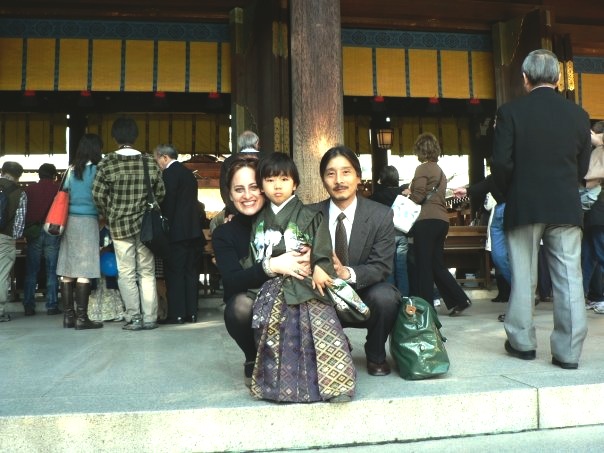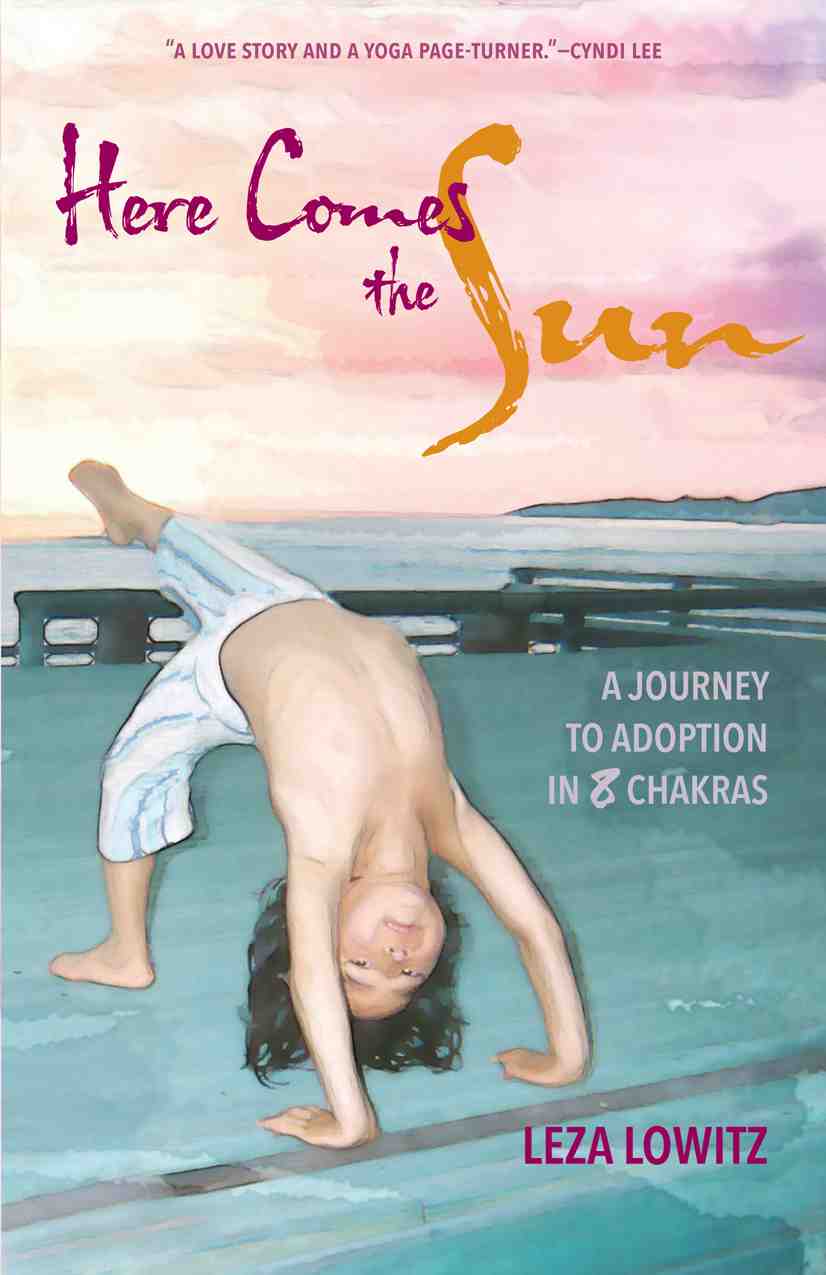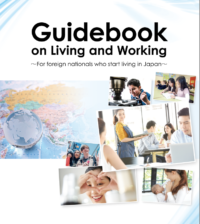- Belgium comes to Yamashita Park
- Residential Villa in Phuket Entices Remote Workers With Long-Stay Rates
- Rare pieces of French glass art at the Mirai Museum of Art
- Feast on fresh fish and seafood at the 2024 ‘Sakana’ Festival
- Would you like to ride in a Louis Vuitton gondola lift?
- Naked Snow Aquarium
- Festive lights at Yomiuriland will get you feeling the holiday vibes
An interview with Leza Lowitz
The journey to self-discovery through Yoga by American expat, Yoga studio owner and book author, Leza Lowitz, changed her approach to love and motherhood.
Leza has penned 18 books including HERE COMES THE SUN: A journey to adoption in 8 chakras (Stone Bridge Press June 2015), a memoir of her unusual journey finding love and adopting a child in Japan.
Tokyo families caught up with Leza to find out more.

Leza and family
What brought you to Japan?
I grew up in Berkeley, California in the 1970s. It was a volatile time with the birth of the free speech movement, women’s rights and Black power. I was bussed into a tough neighborhood, and eventually wanted to learn how to defend myself, so I studied martial arts. In high school, our teacher taught us Zen meditation. Meditation was a place I could find peace and escape from the outer chaos. It also introduced me to the culture of Japan. When I finally came here in 1987 for a hot summer stay in Kyoto, I felt as if I was coming home. I returned in 1990 to edit an anthology of contemporary Japanese women’s poetry (Other Side River) on a grant from the National Endowment for the Humanities. I lived here until 1994, then I met my Japanese husband and promptly moved back to California. We spent a decade in California together.
We returned in 2004, opened our yoga studio, wrote a few books, and adopted our son.
You wrote ‘Jet Black and the Ninja Wind’ which is a novel, and Yoga Poems: Lines to Unfold. How is writing ‘Here Comes The Sun,’ your latest tell-all memoir, different from the last two you authored?
 All of my books deal with notions of finding home.
All of my books deal with notions of finding home.
Up from the Sea, my debut Young Adult novel in verse about the March 11, 2011 Japan tsunami, is forthcoming from Crown Books for Young Readers/Penguin Random House in January.
It’s about making a home within yourself when the only home you’ve ever known is destroyed.
My memoir, Here Comes The Sun, charts my quest for motherhood across two decades, two continents, and two thousand yoga poses. It’s about creating connection and family–finding a home in each other, and in the world.
Jet Black and the Ninja Wind, a YA adventure I co-wrote with my husband, is about a biracial girl seeking home across cultures. Her mission is to save her ancestral home and its ancient treasure
Then there’s the poetry. Yoga Poems: Lines to Unfold By deals with finding a home in one’s body. Yoga Heart: Lines on the Six Perfections charts the path to finding a home in the spirit.
I often write with my husband, Shogo Oketani (author of J-Boys, Kazuo’s World, Tokyo 1965 about five middle graders coming of age during the first Tokyo Olympics).
Building a bridge from East to West, we’ve also collaborated on a book about kanji, a collection of poetry by a pacifist Japanese soldier, and the Jet Black trilogy in progress.
As I like to say, other couples finish each other’s sentences. We finish each other’s books.
For over two decades, I’ve been bringing together the worlds of writing and spirituality, charting my quest in eighteen books in many genres.
I hope I’m just getting started.
For the benefit of readers out there who are contemplating adopting a child in Japan, what can you say about the adoption process that you and your husband went through?
The process is different for everyone. Be patient and persistent. Pursue many avenues, because you never know which one will work out.
How long did it take to bring your baby home?
Our child was two when we adopted him. It was a rather quick process after the initial application was approved–only around 6 months. The reason is because I had my husband do something that I believe accelerated the process. Something very America. You’ll have to read the memoir to find out
what it was.
Do you and your husband maintain a relationship with the birth mother?
Almost all child adoptions in Japan are “special adoptions” in which the birth parents have never been in the picture.
Unless the child is adopted amongst family members in Japan, there may be no relationship. However, we have maintained a relationship with our son’s caretaker at the orphanage. I am very grateful to her for being his “first mother.”
How has adopting a child changed your life?
Starting a family has made my life bigger in every possible way. It stretches me to capacity, and just when I think I will break, I find that I bend like bamboo. It has taught me about unconditional love, surrender, and how to be my own brand of Tiger Mama. The challenges were many and the road was long, but I wouldn’t take back a moment of it. It makes me appreciate my child all the more.
Would you consider adopting again?
We would certainly love to, but at this stage of life, it is not technically possible.
We have our hands quite full!
Leza’s book is available at amazon.co.jp For more on Leza, and her works,visit http://lezalowitz.com/











